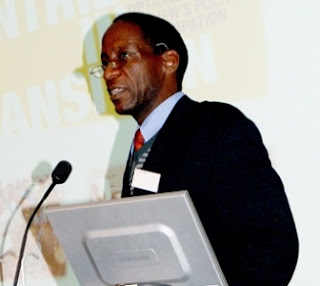

The dreadlocked Reggae artist from North London posses a thoughtful take on what it is to be young in the inner city today with soulful accuracy.
He is born of a mother from Lesotho,a tiny kingdom that is found in the borders and an English father of Italian descent.
He learnt playing the guitar at 10 and he spent his teenage years creating beats for rapping mates.His bedroom mastery of music production earned him a job at premier recording studio Sphere,in Battersea,London.He worked at the studio for four years and everyone passed through that studio from Duran Duran to Mos Def,he says.He then picked up his guitar when he turned 18 beginning to write his own tracks during the studio's downtime.After leaving Sphere,Natty started gigging around London around London attracting a buzz that resulted in his starting the Vibes and Pressure Nights,a magnet for the underground music scene.Things quickly picked up for Natty with a recording contract with Atlantic Records,the release of "Man Like I",his debut album and it had a #1 hit single "Badman" in Japan.Thats when he embarked on his first European tour including gigs with Adele,Lee Perry and Baaba Maal.
Natty's band comprises of his collaborater and guitar player,Jahmel,a bass and percussion player with Reggae roots and of course him on the vocals.
He is one of the international artist's who will be gracing the the much anticipated Shoko Festival.To follow him check him out on @nattymusic on twitter and Natty on Facebook.






